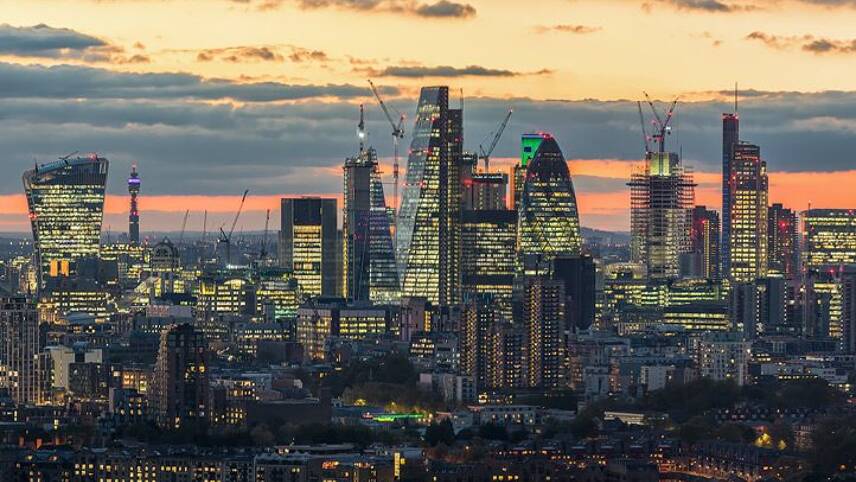Register for free and continue reading
Join our growing army of changemakers and get unlimited access to our premium content

According to the World Health Organization
The group of mayors have launched an unparalleled global call to generate a “race to the top” to clean the air in the world’s biggest cities. Convened by the C40 Group, the C40 Clean Air Cities Declaration aims to improve air quality for more than 140 million people globally.
The commitment calls on cities to set pollution reduction targets within two years that meet or exceed national commitments, putting them on a path towards meeting World Health Organization guidelines. The cities will also have to publicly report on progress towards the targets and implement clean air policies by 2025 that tackle causes of air pollution unique to each city.
“We know we need to tackle the twin dangers of air pollution and the climate emergency. Both need swift, unprecedented and collective action to remove the pollution that is harming our health and warming our planet,” the mayors declared in a statement at the C40 summit in Copenhagen on Friday (11 October).
The cities taking part in the declaration are: Amman, Austin, Bengaluru, Barcelona, Berlin, Buenos Aires, Copenhagen, Delhi, Dubai, Durban (eThekwini), Guadalajara, Heidelberg, Houston, Jakarta, Los Angeles, Lima, Lisbon, London, Madrid, Medellin, Mexico City, Milan, Oslo, Paris, Portland, Quezon City, Quito, Rotterdam, Seoul, Stockholm, Sydney, Tel Aviv-Yafo, Tokyo, Warsaw, Washington DC.
According to the World Health Organization, nine in 10 citizens around the world breathe dirty air, with seven people dying prematurely due to health problems linked to air pollution. According to C40, if all member cities implemented measures that cleaned transport, construction and industry, atmospheric particulate matter that are harmful to humans (PM2.5) could be halved while greenhouse gas emissions could be reduced by 87%.
The declaration builds on the 35 cities, including Milan, London, and Copenhagen, that have committed to the C40 Green and Healthy Streets Declaration, through which they have pledged to procure only zero-emission buses from 2025 and make a major area of the city transport emissions-free by 2030.
Sadiq Khan, Mayor of London said: “Toxic air pollution is a global crisis, and as Mayors, it is our fundamental responsibility to protect the public from this invisible killer. That’s why, in London, we have launched the world’s first ultra-low emission zone, expanded our air quality monitoring network and taken ambitious steps to electrify and expand public transport.
“After the first four months of ULEZ, more than 75 per cent of vehicles in central London now meet these tough standards. Cities are leading the efforts to tackle pollution with innovative solutions, and I’m pleased to join Mayors around the world in signing this declaration to help deliver clean air for all.”
Fourteen cities announced on Thursday (10 October) that they would pay particular attention to the sustainable and healthy food supply in their cities in the future. This way, they aim to save 60% of the carbon emissions in the food sector.
100 carbon-neutral cities
In related news, Europe’s largest public-private partnership, EIT Climate-KIC is launching a call to action to transform 100 cities into carbon-neutral areas by 2030. The 10-year commitment aims to create €1m per year for each city for half of the project’s timeframe
EIT Climate-KIC is providing seed funding to select cities and is working on building a comprehensive funding platform to leverage public and private funds.
Climate-KIC’s chief executive Kirsten Dunlop said: “EIT Climate-KIC is looking for the most visionary innovators to help cities tackle climate change in a timely and effective way. Taking a systemic approach, through a portfolio of innovations, working across siloes and boundaries, involving people from the ground up and making sure to learn from unusual actors: these are just some of the ways in which we support cities to rise to the scale of the challenge presented by climate change.”
Matt Mace


Please login or Register to leave a comment.